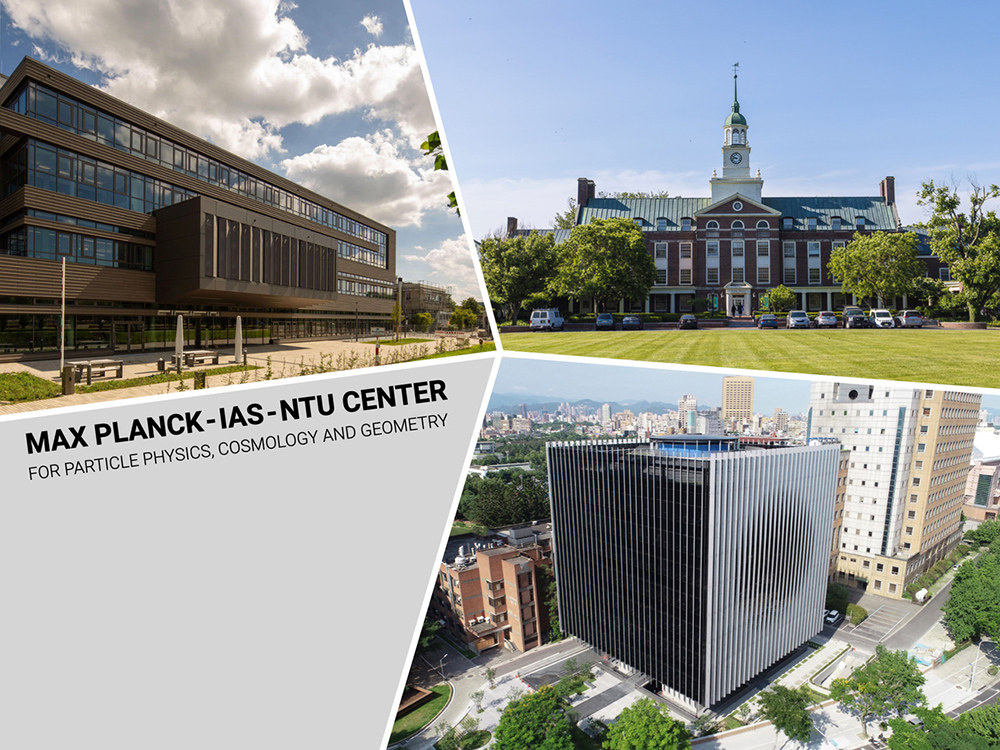
A Distinguished Global Research Center Established at NTU under Trilateral Cooperation
瀏覽器版本過舊,或未開啟 javascript
請更新瀏覽器或啟用 javascript
Spotlights
NTU Prof. Hsinyu Lee is named a Fellow of the American Physiological Society.
Dr. Hsinyu Lee (李心予), professor of NTU’s Department of Life Science, was named a Fellow of the American Physiological Society (FAPS), becoming the first scholar in Taiwan to receive this honor. The FAPS was established to honor distinguished leaders who have made significant contributions to and demonstrated excellence in physiological sciences and related disciplines, as well as served society with their expertise.
Founded in 1887, the American Physiological Society (APS) is committed to promoting physiological education, scientific research, and information dissemination. Currently, the APS has over 10,000 members and publishes more than 15 leading academic journals, connecting a thriving community of scientists and educators from around the world and spotlighting research findings in physiology and related disciplines.
Prof. Hsinyu Lee uses human endothelial cells as model system to investigate physiological phenomena related to the generation and functions of blood vessels (e.g., inflammation, vascular sclerosis, and cancer). Currently, Prof. Lee and his team focus on studying the molecular and physiological functions of lysophosphotidic acid (LPA) and sphingosine 1-phsophate (S1P), as well as the functions and possible pathological models of their corresponding receptors in endothelial and cancer cells.

A Distinguished Global Research Center Established at NTU under Trilateral Cooperation
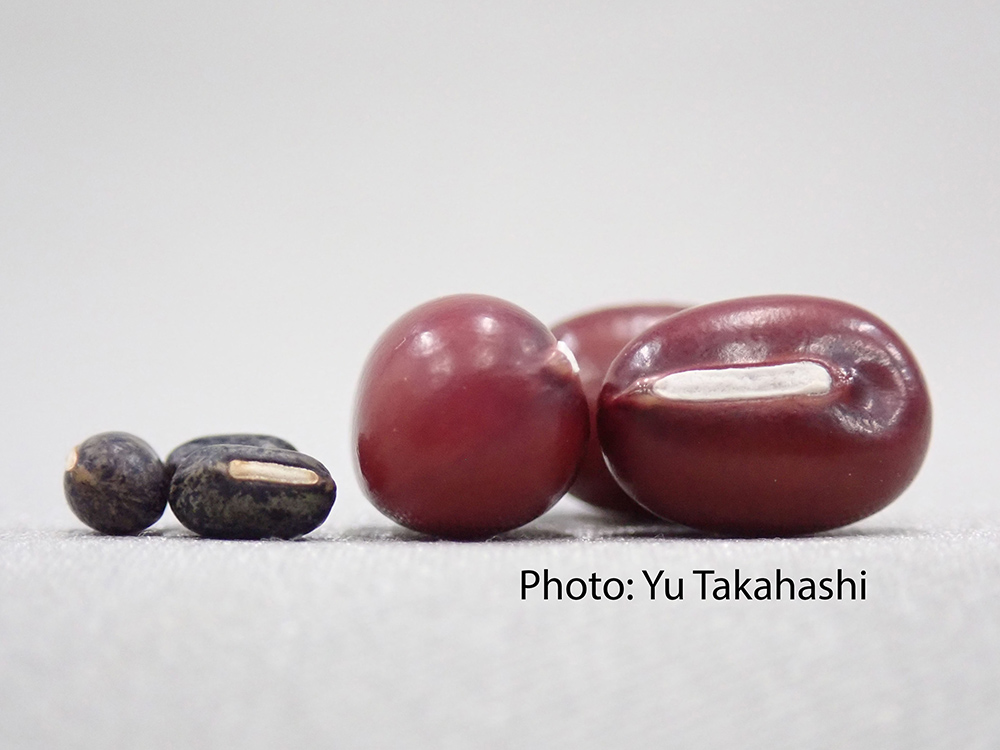
Collaborative study between NTU and Japan uncovers the origin of Adzuki Beans and agriculture in Japan
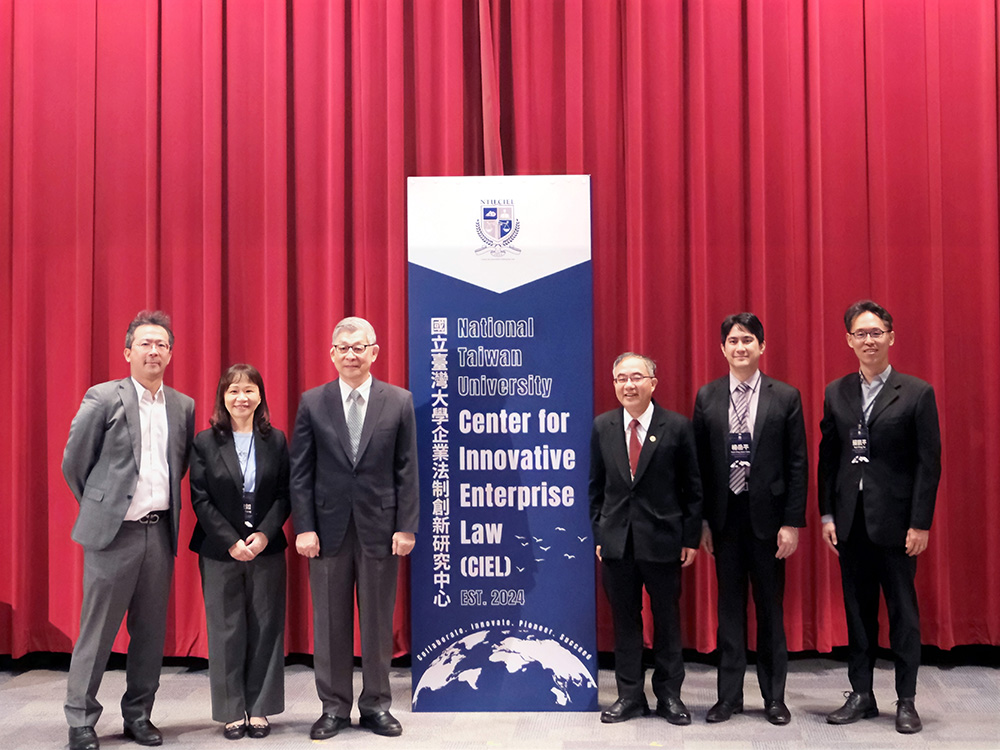
NTU Launches Center for Innovation in Enterprise Law—with Forum Highlighting Trump’s Policy and Legal Shifts Amid Geopolitical Tensions
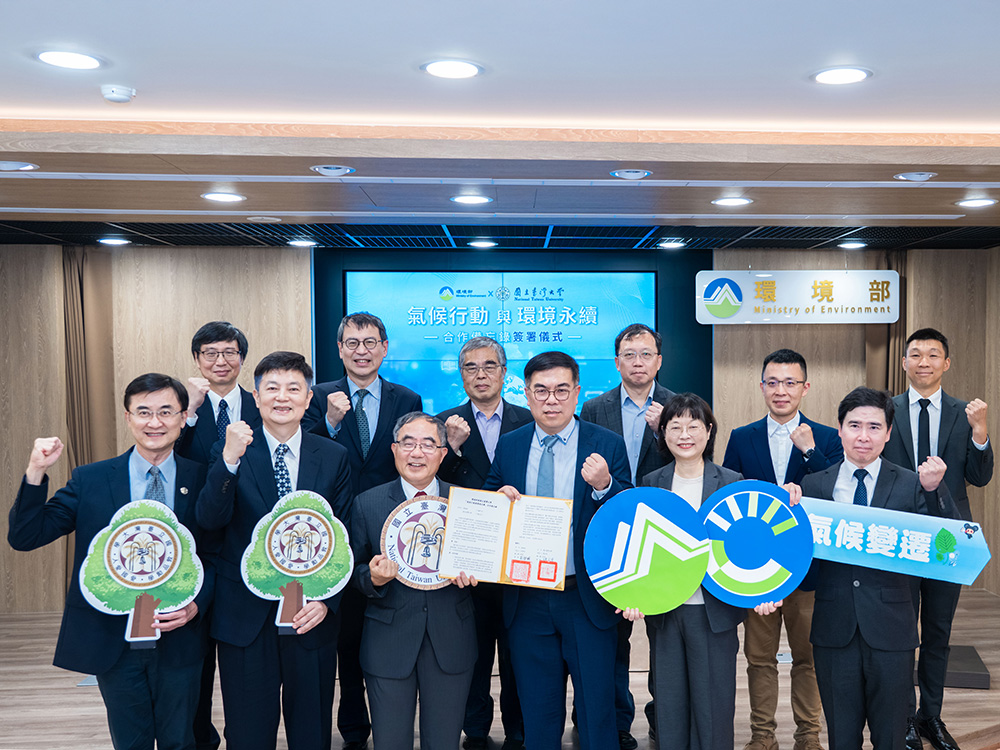
NTU and Ministry of Environment Sign MOU to Advance Net-Zero Transition and Environmental Resilience
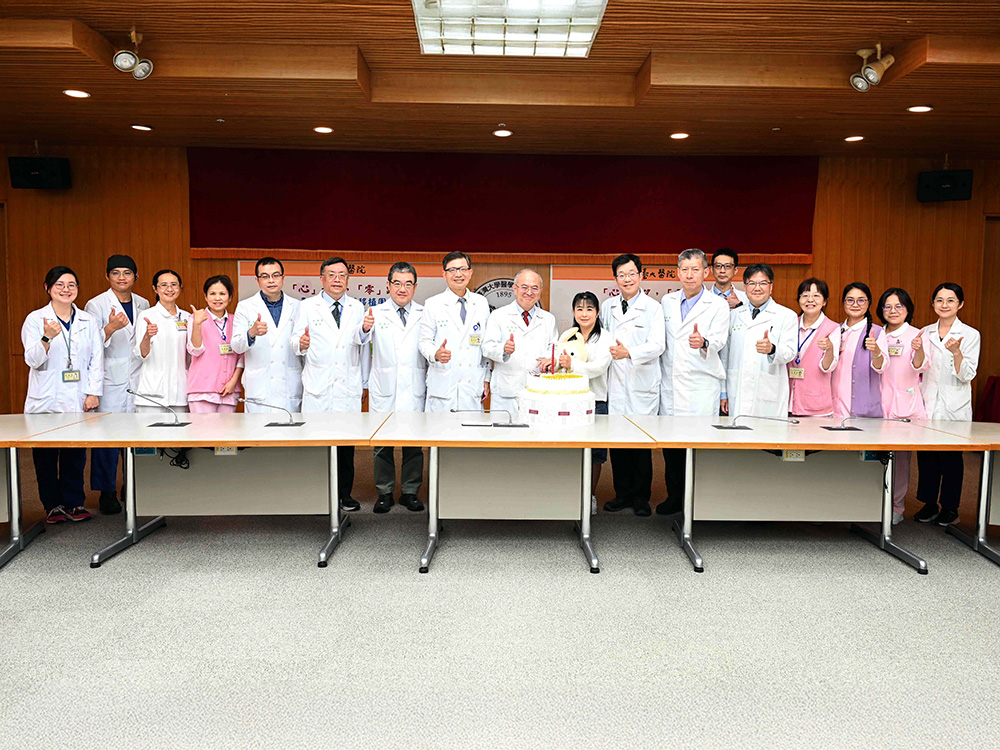
NTU Hospital’s Cardiac Transplant Team Pioneers Beating Heart Transplant with Zero Ischemic Time
Current Spotlights